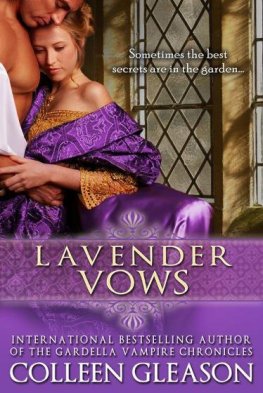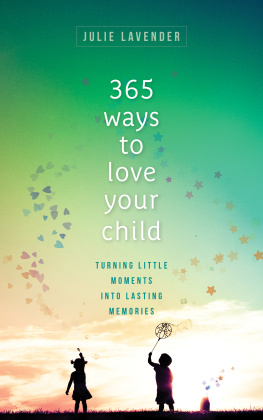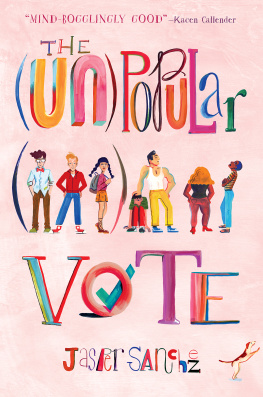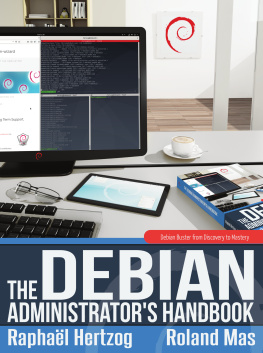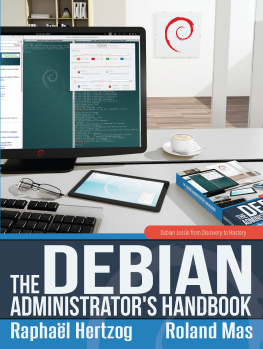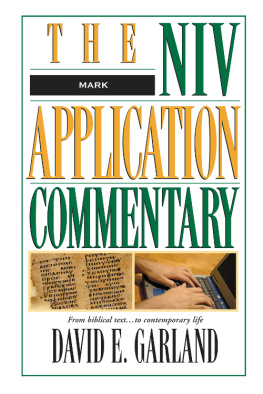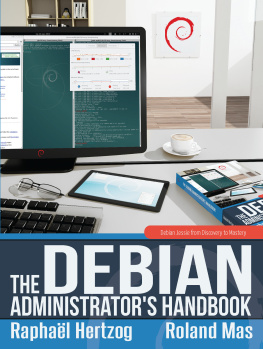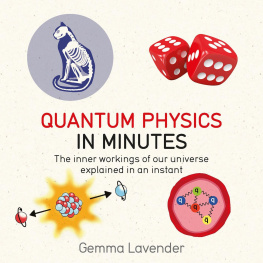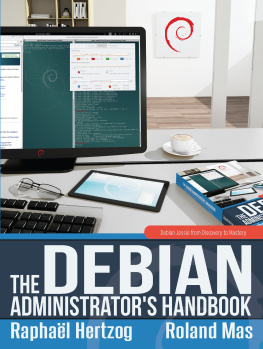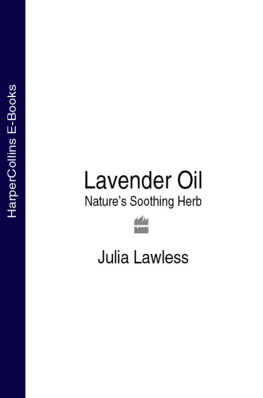Thank you for buying this ebook, published by NYU Press.
Sign up for our e-newsletters to receive information about forthcoming books, special discounts, and more!
Sign Up!
About NYU Press
A publisher of original scholarship since its founding in 1916, New York University Press Produces more than 100 new books each year, with a backlist of 3,000 titles in print. Working across the humanities and social sciences, NYU Press has award-winning lists in sociology, law, cultural and American studies, religion, American history, anthropology, politics, criminology, media and communication, literary studies, and psychology.
THE LAVENDER VOTE
THE LAVENDER VOTE
Lesbians, Gay Men, and Bisexuals in American Electoral Politics
MARK HERTZOG
NEW YORK UNIVERSITY PRESS
New York and London
1996 by Mark Wm. Hertzog
All rights reserved
Library of Congress Cataloging-in-Publication Data
Hertzog, Mark, 1960-
The lavender vote : lesbians, gay men, and bisexuals in American
electoral politics / Mark Hertzog
p. cm.
Includes bibliographical references and index.
ISBN 0-8147-3529-0 (cl : alk. paper).ISBN 0-8147-3530-4 (pbk.
: alk. paper)
1. GaysUnited StatesPolitical activity. 2. BisexualsUnited
StatesPolitical activity. I. Title.
HQ76.3.U5H49 1996
306.760973dc20 96-4520
CIP
New York University Press books are printed on acid-free paper,
and their binding materials are chosen for strength and durability.
Manufactured in the United States of America
10 9 8 7 6 5 4 3 2 1
FOR CHRIS
CONTENTS
ONE
Virgin Ground
TWO
From Lavender People to Lavender Voters
THREE
The Sexuality Gap: The 1990 National Exit Polls
FOUR
A View from the States
FIVE
Can the Activists Turn Out the Vote? The Case of Deborah Glick
SIX
Into the Mainstream: The Lavender Vote Helps Elect a President
SEVEN
What It All Means and Why It Matters
ACKNOWLEDGMENTS
You never know just how grateful you are until time comes to thank everyone who ought to be thanked on a project like this and you have too little space to do it. So Ill stick to the big thank-yous here and hope everyone else in my life knows how much their kind words, tips, and encouragement helped this along.
Dr. Steven Finkel at the University of Virginia comes first. It was Steve who made a scholar out of me, showing me the right questions to ask, the right way to ask them, and the best way (we have awfully few right ways in political science) to find and interpret the answers. Hes also clued me in to many of the mysteries of the profession that otherwise wouldve escaped me. Now all of this is what any good adviser and mentor would do, but he also performed some professional magic that allowed me financially to go on to Ph.D. study, and has always encouraged my interests even when, as with this study, they dont exactly coincide with his own and made them his interests as well. My debt to Steve will never be repaid; all I can do is try to pass on to someone else what Steve has done for me.
Then there are the other members of my dissertation committee, which is where this study began. Dr. Paula McClain, now chair of the Woodrow Wilson Department of Government and Foreign Affairs at U. Va., served as my second reader and was an enormous help in getting this work theoretically grounded. Dean Bernard Mayes of the U. Va. College of Arts and Sciences endeavored to get me away from the trees of the data to see and talk about the forest what this study means and why it matters. Dr. Kenneth Sherrill at Hunter College, City University of New York, served on my committee, corrected my errors, shared his enormous knowledge of LGB politics in New York, and helped me flesh out my ideas.
Two other people were instrumental. Dr. Robert Bailey, now at Rutgers-Camden, kindly acted as an unofficial fifth committee member, reading all my drafts, making welcome comments, encouraging me to hang in when things looked bleak, and taking me step-by-step through the Glick poll on which is based. Dr. Murray Edelman of Voter News Service put the LGB self-identification question in the national and state exit polls in the first place; without his leadership in including sexual identity in national political polling, this book would not exist. Bob, Murray, and Ken Sherrill taught me as much as I could learn about exit polling and strongly encouraged me to pursue this line of research.
My editor at NYU Press, Jennifer Hammer, patiently waited for this manuscript, finally got it months after first inquiring about it, and worked with her firm to make it come to print. I also thank the anonymous reviewer who gave a detailed and very constructive critique of the book, which improved it greatly.
Finally, when you live with a book for more than four years, there are times when you never want to see it again and wish it would go away. My partner, Chris, has saved me more than once from chucking in the towel, soothed my nerves, and assured me through a couple of rejection letters that at some point someone would find this work of value. I am blessed that someone has.
Should you find any howlers within, they are my own fault. I hope you find that the rest of the book makes up for them.
ONE
Virgin Ground
On election night 1992, as Bill Clinton savored his victory, a minority of Americans long chastised and, until recent times, usually invisible savored a great victory as well. For the first time in their history, the American people had elected as their president a man who had openly and strongly campaigned for the support of homosexuals and bisexuals.
The new presidents longtime friend David Mixner, a gay California businessman who had helped raise an estimated $2 million from the lesbian, gay, and bisexual community for Clinton (Gallagher 1992), proudly if erroneously claimed that one of every six Clinton voters was a lesbian or gay manand thus provided the Democrats five percentage point margin of victory. Leaving aside the statistical stretch, Robert Bray, a spokesman for the National Gay and Lesbian Task Force, called the election a rite of passage from the margins to the mainstream, from social pariah to political partner (McAllister 1992).
In the quarter century since the Stonewall riots of June 1969 in New York Citys Greenwich Village, which launched the national gay rights movement in earnest, the estimated 5 to 10 percent of the U.S. population that is gay has emerged from almost absolute invisibility to assume a significant place in the public consciousness, and to have its demands for legal and social equality considered seriously. The role of lesbian, gay, and bisexual voters also is becoming significant, especially in major coastal cities, and urban politicians increasingly are making direct appeals for these votes. Now, so has the president of the United States.
The pages that follow report the results of the first detailed examination of self-identified lesbians, gay men, and bisexuals as a factor in the electoral politics of the United States. This study assesses differences in demographics, attitudes, and voting behavior between self-identified bisexuals and homosexuals and the rest of the voting population, as well as those between gay and bisexual women and men, and the factors explaining those differences.



